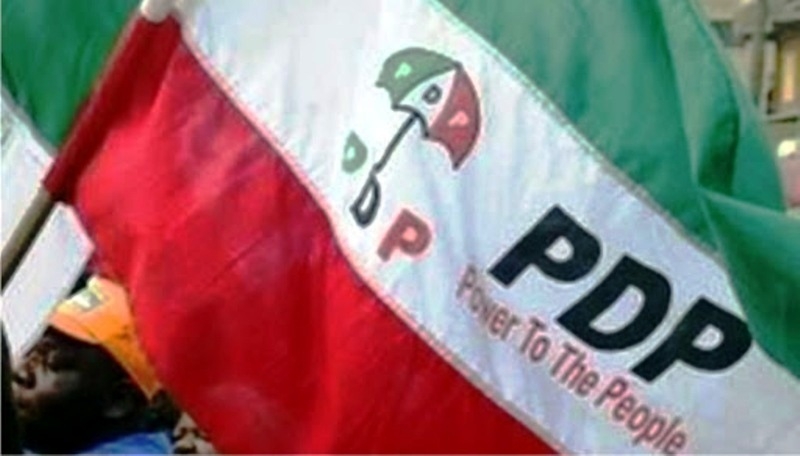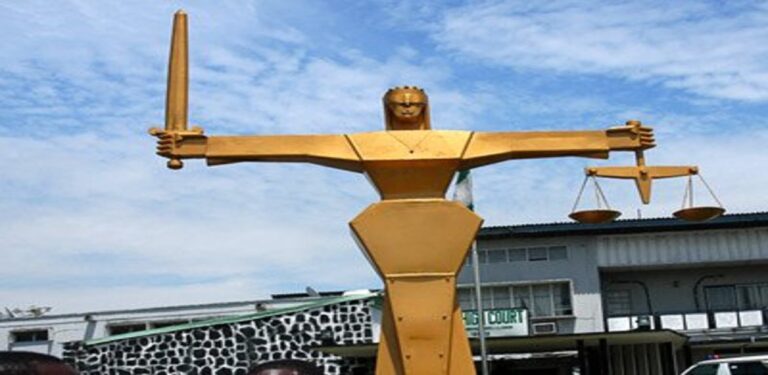The Federal Government has trained about 300 farmers in the FCT, on the use of alternative feed ingredients for climate-smart animal feed production.
Dr. Ernest Umakhihe, Permanent Secretary, Ministry of Agriculture and Rural Development, stated this at the training on Tuesday in Abuja.
Umakhihe was represented by Mrs. Winnie Lai- Solarin, Director, of Animal Husbandry Services, Ministry of Agriculture.
He said that the training would provide farmers with the needed knowledge to promote the use of alternate feed ingredients.
Umakhihe said it would also sustain the achievements and proffer solutions, to overcome the complex challenges caused by covid-19 pandemic in the sub-sector.
“Currently, covid-19, flood, and insecurity have negatively impacted many sectors, particularly the livestock sector through reduced availability of animal feed ingredients.
“Also, labor, processing facilities, inputs, and services, thereby reducing the availability of animal feeds to markets and consumers.
“These challenges have necessitated the need for capacity building of this nature to provide the knowledge and strength to contain these threats,” he said.
Umakhihe said that with the training, beneficiaries would harness and use available alternative feed resources.
Related Articles
He called on all stakeholders across the various feed value chain, to see the challenges in the livestock industry as an opportunity to appropriately respond and promote the utilization of alternate feed ingredients.
In an address, Lai- Solarin said that the Ministry of Agriculture was determined to support the farmers and livestock farmers to improve their production process to achieve feed and food security.
” It is an established fact that feed constitutes about 70 percent of the cost of livestock production.
“Therefore subsidizing the cost of feed production will not only increase the farmers’ profit but also sustain their interest,” She said.
Lai- Solarin, who was represented by Mrs. Florence Hamed, Chief Health and Animal Husbandry Tech, said Silage making and utilization was one of such knowledge that could make a difference.
The Director, of the Department of Fisheries and Aquaculture, Mr. Ime Umoh, said that most farmers left the feed business due to the high cost of production; there are alternative ways of doing animal feeds.
Umoh was represented by Mrs. Mfon Archibong, Assistant Chief Fisheries Officer, Federal Department of Fisheries and Aquaculture Ministry of Agriculture and Rural Development.
The Director, of Cooperatives, Ministry of Agriculture, Mr Danladi Simkan, represented by Mr Abubakar Jibril, urged the participants to form cooperatives on alternative feed.









